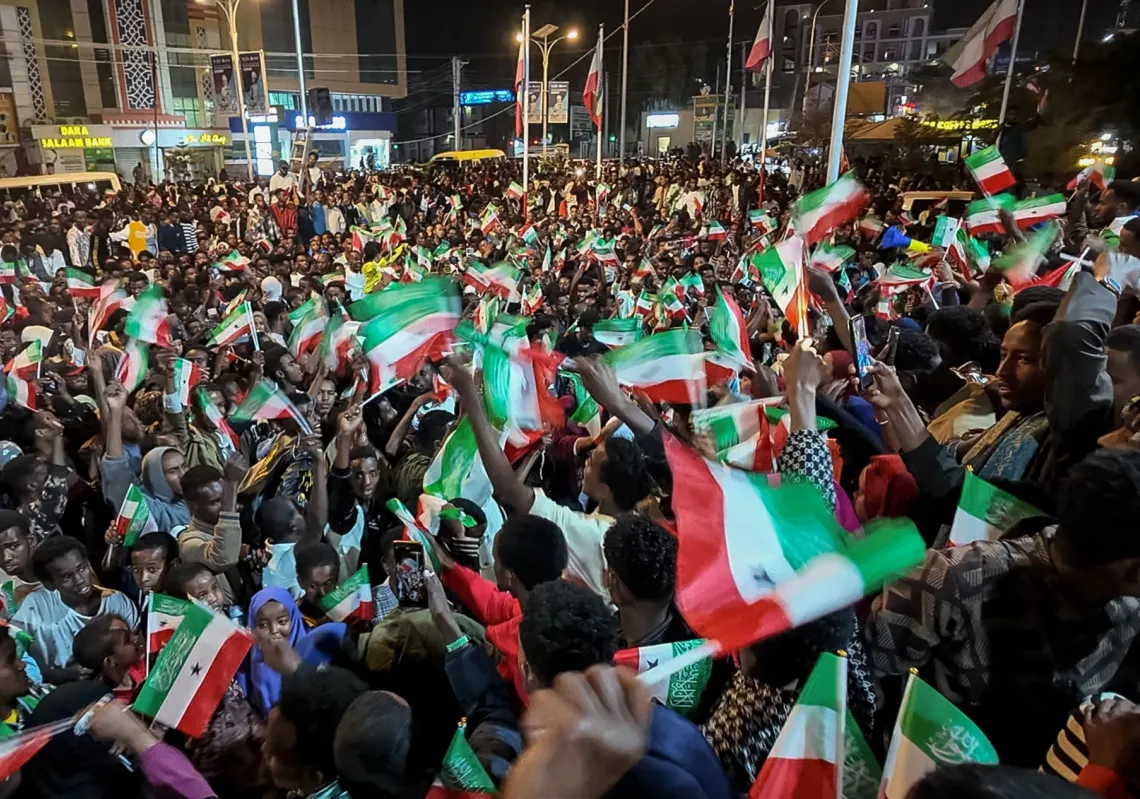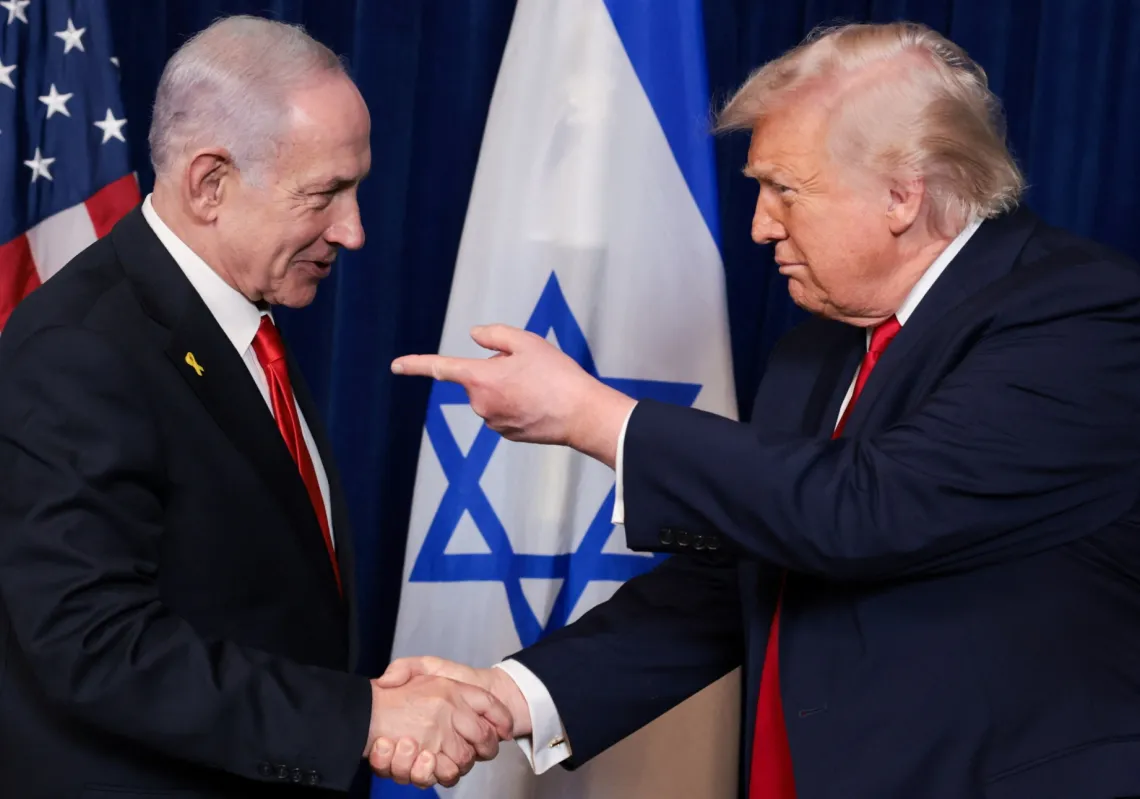Who deserves the most credit for implementing the Gaza ceasefire may be a matter of dispute between newly-inaugurated US President Donald Trump and his predecessor, Joe Biden, with both men claiming they were instrumental in achieving the breakthrough. But there can be little doubt about the central role Steve Witkoff—a long-standing friend and ally of Trump—played in sealing the deal before the incoming president’s inauguration.
Although the deal is based on the peace proposal Biden set out in May last year, the president’s allies insist it was only because of Trump’s dramatic election victory and his warning that “all hell will break out” that ultimately resulted in a ceasefire being agreed.
Witkoff—who was appointed Trump’s Middle East envoy shortly after his election victory—said as much before flying to Israel to meet with Israeli Prime Minister Benjamin Netanyahu to pressure him into accepting the deal.
“It is the red lines (Trump) put out there that’s driving this negotiation,” Witkoff insisted.
Trump’s claim that it was his intervention that persuaded both parties to sign a ceasefire deal they had both resisted for six months has not, though, gone down well with Biden, who spent his final days in office trying to persuade doubters that it was down to his efforts, and not Trump’s involvement, that the deal was eventually agreed.
When asked by a journalist at his press conference announcing the deal, “Who do you think deserves credit for this, you or Trump?” Biden, who was desperate to claim credit to secure his own legacy, snapped: “Is that a joke?”
The Biden administration instead tried to portray the negotiations as a bipartisan effort. “For the past few days, we have been speaking as one team,” the president said, referring to Brett McGurk, his envoy to the ceasefire talks, who had invited Witkoff to join the ceasefire negotiations.
There seems to be little doubt, however, that it was Witkoff, 67, who was central to the successful negotiations, with Trump’s team suggesting that the outgoing Biden administration would never have got the deal done until Witkoff intervened.
Long-time friend and real estate mogul
A close ally of Trump, Witkoff first came to prominence during his first term in office in 2020 when he became a member of the Great American Economic Revival Industry Groups, which was set up to respond to the dire economic impact of the Covid pandemic on the US economy.
Trump subsequently announced Witkoff as his incoming Middle East envoy shortly after winning the presidential election in November. The New York Post called him a longtime friend of the president and a “fellow real estate developer.”
“Steve is a Highly Respected Leader in Business and Philanthropy, who has made every project and community he has been involved with stronger and more prosperous,” Trump said in a statement. “Steve will be an unrelenting Voice for PEACE and make us all proud.”
Although Witkoff has no known diplomatic experience, his appointment has already drawn comparisons with Trump’s son-in-law, Jared Kushner, who was instrumental during the first Trump administration in brokering the Abraham Accords.
















